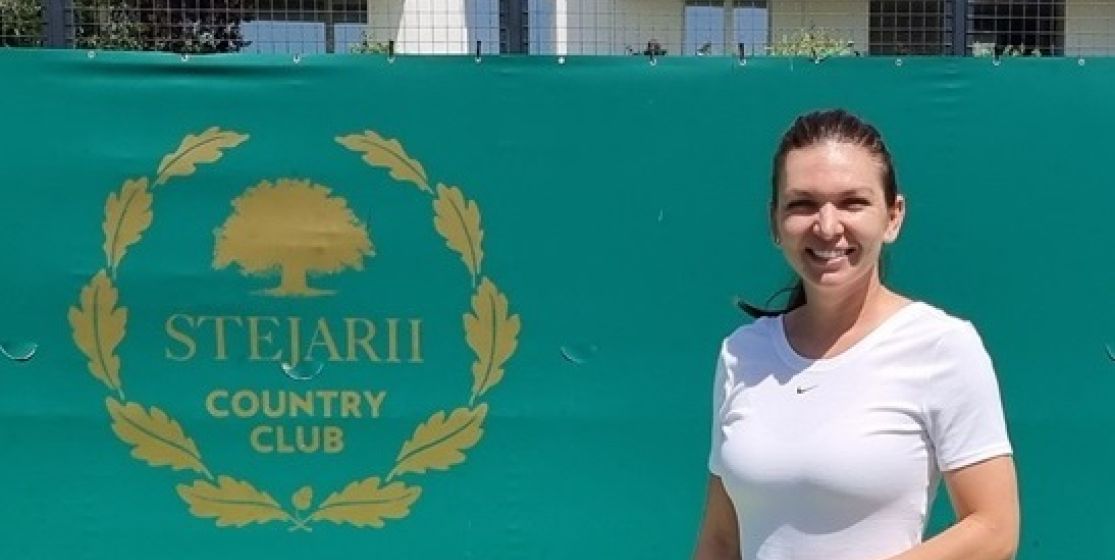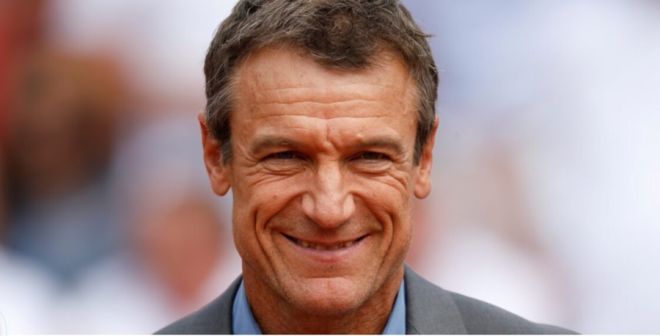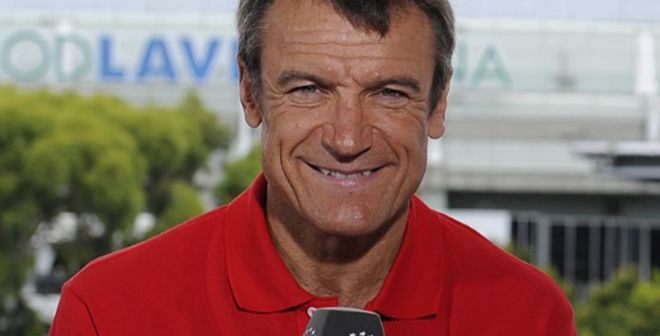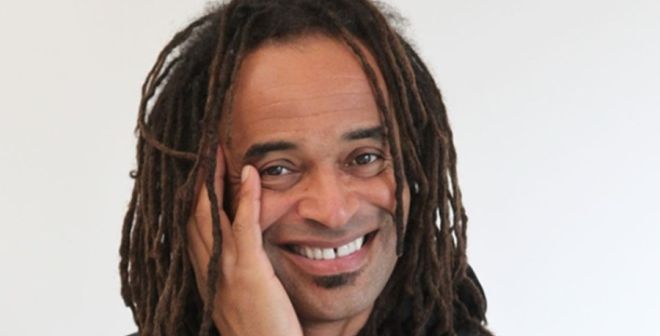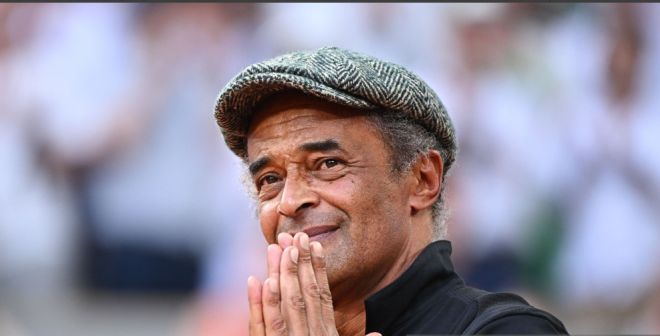Q. This is a great pleasure. Simona Halep, thank you so much for your time. I have always known you to be a pretty positive person, but if I gave you a glass and the water was in the middle, would you see that as half full or half empty?
SIMONA HALEP: Yeah, I would say I would see both sides, because the full part, let's say the positive part, it was that everything got cleared, and I won in the end to show the truth that I never did something wrong to tennis.
The empty part is the break that I had for two years. It came with many negative things: mentally, exhaustion, body issues because I stayed so much. Now it's really tough to recover the time I lost.
But the most important is the emotional part, because we all need it to be balanced and to be on the positive way. But what I went through, it was really difficult. It was really difficult to stay positive all the time.
I struggled emotionally, I struggled mentally, and I'm still struggling. I didn't expect to be so difficult the comeback, and even if I won, it was everything cleared, still stays a little bit on my head.
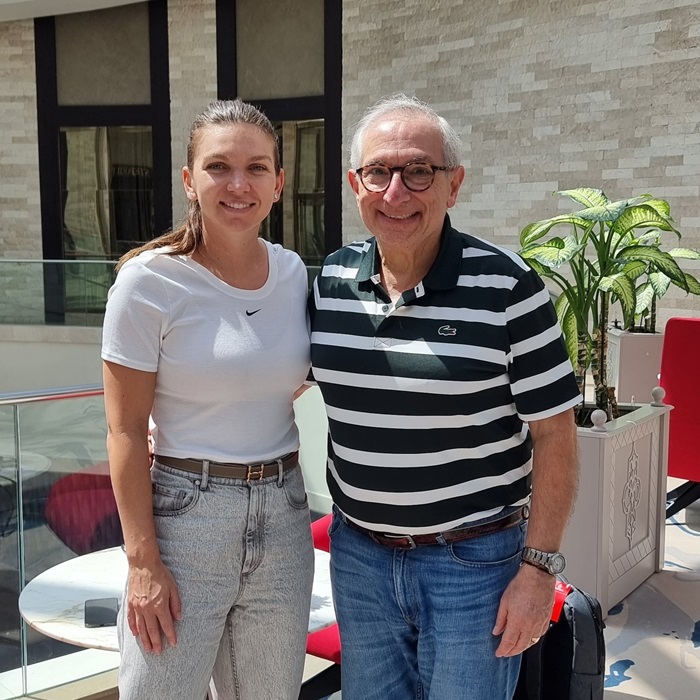
Q. How did you get through it? I mean, it's impressive that you got through it, but how?
SIMONA HALEP: Well, I had my family. I know maybe it sounds like a cliché, but for me, it was the same when I was hearing people that when you struggle, people leave, and you have only the family and very close people. So, it happened the same.
I isolated a little bit myself. I felt safe only with my very close people, family and some friends, and probably they helped me also. Tennis, during the years, helped me to understand that you have to be strong, and you have to wait for the next day and to try to do the best.
So, I tried to do my best staying strong, going through what I went through with positive thinking. I said I had hopes, even if I had many delays, the hopes were ruined, but I didn't give up. I knew that I did nothing wrong. I think this helped me the most to stay there and to fight for it.
Q. Tell me about that day and I'll use this analogy the day the sun disappeared, and then the day that sunshine came through again.
SIMONA HALEP: Yeah, the day the sun disappeared was when I read the e mail. It actually was the moon, because it was night when I went in bed, 11:00 p.m. I read e mails, because I'm not reading e mails nonstop, I'm not that kind of person, and I was shocked.
I called actually, I sent the message to Patrick (Mouratoglou), because he was the coach at that moment, and then the other person. I said, it’s not possible, because something like this didn't happen. I asked them if it's true, if I read it well, and they said yes. Then I was, like you said, the sun disappeared. But it was like the light from my head was, like, switched off. I was in a moment that I didn't know what's going on, so how is possible.
Because I was always careful, I checked hundred times before everything I took. It was just that I trusted the people I worked with, and I took the supplements. They were safe, in a way, because on the bottles, there was nothing banned. I asked few times if they are checked and they are safe, and I received the answer that yes.
It was a shock and emotionally was, like, you know, when you hit the knife in your chest and you have no breath anymore.
Q. And then when it all came out again?
SIMONA HALEP: And then a long time after (smiling). So, every day was, like, burning inside, and you don't know where to go, you don't see a light. Everything, I was hoping for something, and then every time I was let down.
Then I was in Dubai, actually, and it was, like, 6:00 p.m., and Howard is calling me. I was so stressed because I knew the answer is going to come in that day. Howard, my lawyer, is calling me. He was, like, a big smile. He said, "Can you believe it?" I said, "No."
That's what I wished, because I knew that in the blood is nothing, and they never found something. I never did anything they said. They made scenarios that I did transfusion. It was impossible for me to do. I didn't know, when they told me that I did this, I didn't know what does it mean. I asked even Howard to explain to me, and it was ridiculous.
Yeah, it was, like, a big happiness, a big victory, and I was with someone special, as well, and he told me, the person told me that can you believe that you are very happy for something you never did? It was so weird, and life is so weird sometimes. I said, you are right.
So, I'm enjoying, I'm happy that I want something that I didn't do. And then I just tried to relieve myself, to see the positive, to be happy. But it was for few days, and then the heaviness of the situation came back and stayed a little bit with me. And I was sad for myself that I had to go through this.
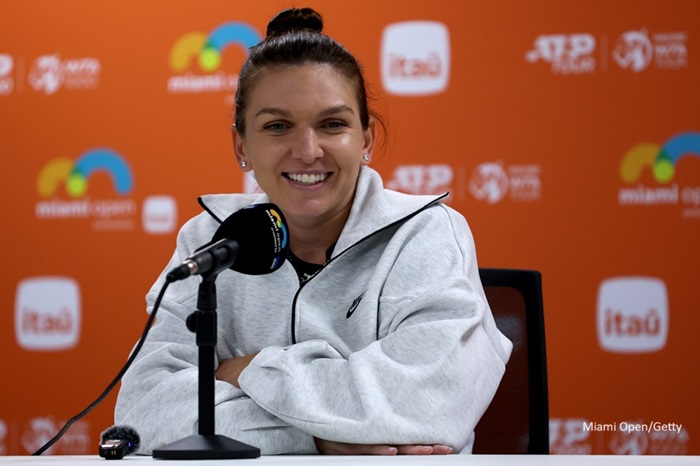
Q. There was the suspension, your marriage broke down, it all seemed to happen around the same time. Did you ever think, why me? What have I done?
SIMONA HALEP: No, I'm never thinking about why me, and I never ask the universe why it gives me this heaviness and these problems. Yeah, it was the breakup, it was the doping, and now injuries. So, it's one after the other. I take it like it has to happen. I think now I arrived to a point that it had to happen, this. I read some quotes all the time, and one of them says it's not what comes to you; it's how you react to it.
Q. Yes.
SIMONA HALEP: I'm trying to do my best to react in the best way and to get the lesson, to get stronger, because I'm sure that life has more for me (smiling). Because I always believed in good. I didn't believe that people can be mean, or a situation can be false like this, and you to go through this.
Now I'm seeing a little bit too negative everything. I kind of expect the negative in my life. I have to learn again to live in the good and to expect the positive and the good things. I am in the process. It's nothing done yet, but I am in the process.
Q. When I saw you in Miami this year, and you came into that press conference, there is this massive smile on your face. Your eyes were, like, twinkling. Did it feel like you were coming back to school after school holidays and seeing a whole lot of people all over again?
SIMONA HALEP: I didn't love school that much. (Laughter.)
Q. That was my next question. How good were you at school?
SIMONA HALEP: I was decent. I cannot say I was good. But it was, like, a break. After winning a tournament, a break, and then you wait for more, to play tennis, more like this. It was, yeah, the thing that I felt.
Honestly, it was a mistake to play Miami for my body, because in February when I had the hearing, I didn't practice because I was exhausted, and I was in tension all the time. I said, I'm going to recover and I'm going to stay calm. And I didn't do one hour of sport in February.
Then going straight to the match, physically was not great. But emotionally and mentally, to see all the love from people, I don't know if all were honest, but I took only the positive from them. And to see that they wish me welcome back and stuff like this, it helped my mental, it helped myself to see that people really believed that I didn't do it. So, this was important.
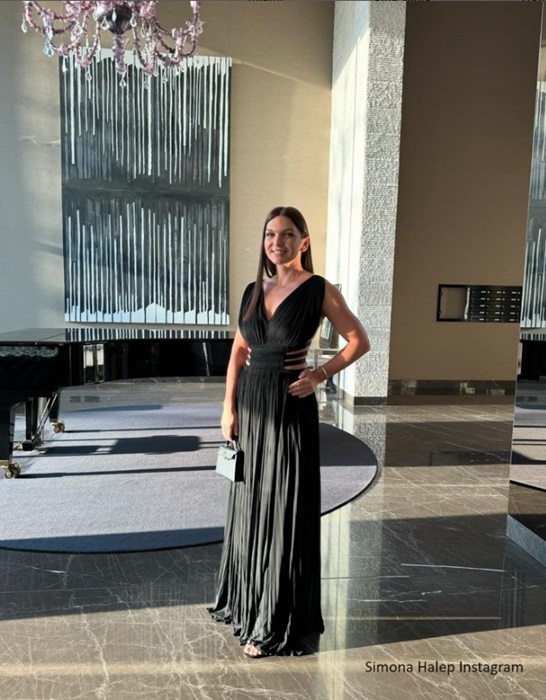
Q. As I said before we started this, I have always known you to be a pretty forgiving person. How do you do that? Because if it was me, I'd want somebody to be paying the price.
SIMONA HALEP: I don't have the furious feeling in life, in general. I don't believe I have to punish someone that it happened. So, I just forgive, and I didn't believe that somebody did it on purpose with the products and with the things, the team, let's say. I didn't believe that they did on purpose.
So, this for me was just easier to forgive and to take what it came to me and just see the solutions of solving the problem. I don't like, I never, also with the coaches, I never like to blame if I lose a match, I never blame the team. I take all on me. It's not great, because sometimes is too much, too heavy for my shoulders, but this is me, and I prefer to stay like this.
What makes me happy, after two years of what I went through, I didn't change. My feelings didn't change towards people and towards life. Also, people told me, some close friends told me that don't hate tennis for this. No, I don't hate tennis. It's just something that happened in my life, and I have to go through.
Q. What do you think needs to change on the system? So often there is so much controversy about the testing and people being suspended and things like that. Do you think there needs to be change? If so, what would you suggest on change?
SIMONA HALEP: Well, if I'm right about the name, Tara Moore, is the person who got suspended and then she got zero and she lost everything. Can you believe she lost everything? And now she has to start from zero without any fault.
This, for me, is unacceptable, because we work all life, we dedicate our life to sport, and few people, they don't know you, they take some test, and they judge only on scenarios. I was judged on scenarios about the blood. On the urine, it can be contamination. The level was so minimum. Two days before I was negative, so there was no time to do doping.
I cannot say what they have to change. It's not my business, because I'm not a professional in that direction. But the level has to be set what helps you for sport. Because you can eat something, many cases, you go eat, you cannot control everything you eat or you drink. It can happen.
But if it's a level that affects your performance and it helps you, okay, then I agree. And I was against doping all my life. I was very loud, and it came back to me. Many people were judging me because I was talking about Sharapova in the past. It's a different case. It's not the same. People has to understand this.
But anyway, they have to do something to give the player a chance to solve the problem, and if there is no intention, there is too tough to go through this, and then you have no fault.
END OF PART ONE


